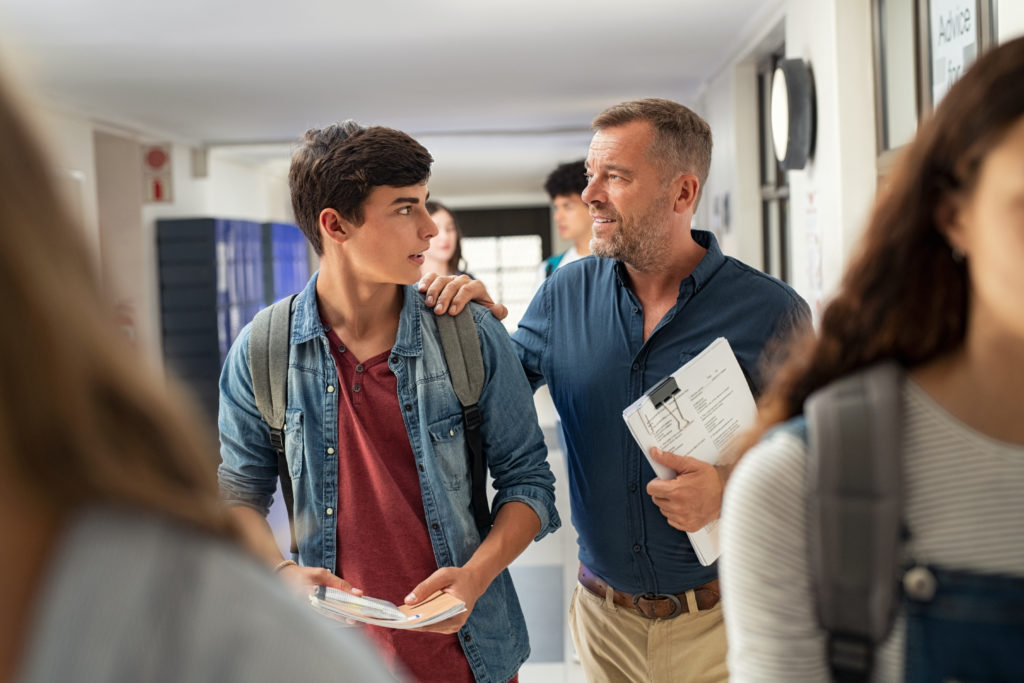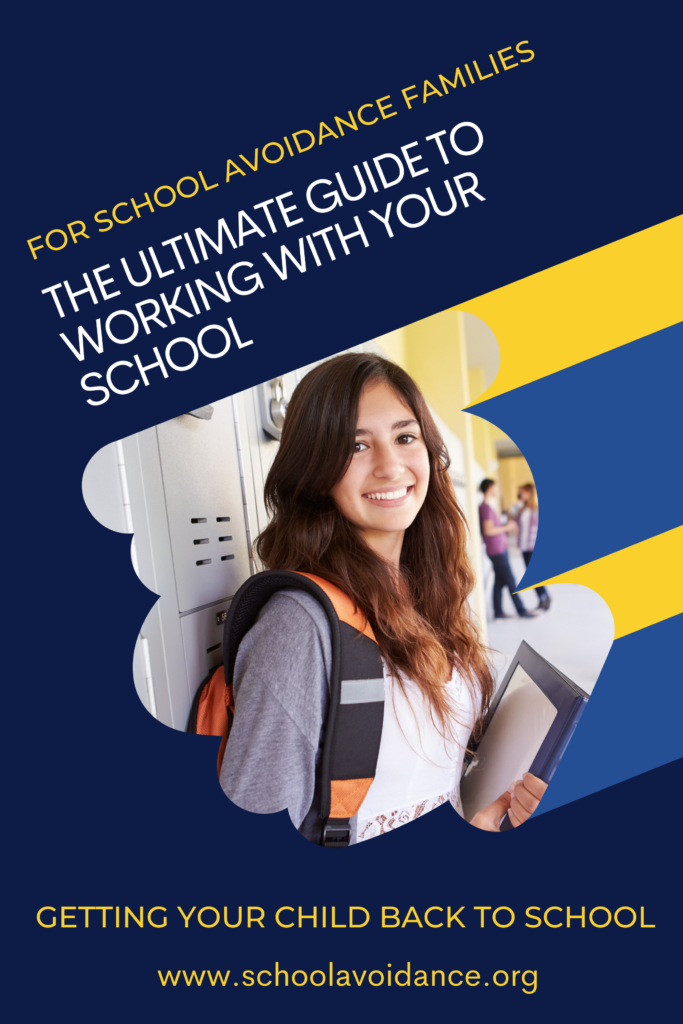Supporting school avoidant students can be one of the most rewarding experiences an educator can have.
As you already know , all students benefit when they are encouraged to bring their whole and best selves to school.
Imagine the positive changes if schools focused on connection & belonging as much as they focused on achievement.
Making schools more inclusive and fostering a sense of community is the most important preventative measure for school avoidance.
Here are a few ideas and resources you can use in your classroom or school-wide.

Schools don’t necessarily operate in the best interest of their students
For example, if we considered student feedback,
These decisions are made for practicality and budget, not student well-being.
In what other ways would our schools change if we considered student feedback?
Give yourself permission to think outside the box!
Start with a self assessment of how well you provide opportunities for student feedback and build in chances for your students to be heard.
Student leadership teams are instrumental in changing the climate and culture of a school.
For example, ask a student who has experienced the school’s discipline policy to serve on a leadership committee to discuss alternative discipline practices.
Ask a former school avoidant student to serve on a leadership committee to discuss mental wellness or school belongingness.
Different perspectives lead to better solutions. Not to mention, you could change the trajectory of a student’s life by believing in them and trusting them with an opportunity to lead.
How much do you know about the shared perceptions and experiences of students within your school?
A school-wide approach to social-emotional learning results in better social and academic outcomes for students.
It’s overwhelming to choose from the many programs out there; start with a school-wide climate survey to assess the strengths and needs of your school and seek out a program to fit the needs of your community.
There is no manual or program to hand you for Culturally Responsive Teaching. It’s co-created with your students and it’s based on your values and beliefs as an educator.
Together, with your students, you create a safe space where students feel heard, respected and challenged.
Disclaimer: This site is designed by School Avoidance Alliance to assist parents, family, friends, caregivers, educators, advocates, and other professionals involved with helping children and finding resources to understand, help and cope with school avoidance, as well as to increase public awareness regarding school avoidance. The contents of this website are presented for informational and educational purposes only. Nothing on this website is to be construed as professional advice on medical, legal, technical, or therapeutic matters. By accessing and using the information on this site, you agree to waive any rights to hold the site developer(s), or any individual and/or group associated with this site, liable for any damage that may result from the use of the information presented.
Unfortunately only a small percentage of school professionals, therapists, educational advocates and policy makers understand school avoidance best practices. So, you must become the expert to ensure your child is getting:
The time passing slowly without progress is the worst feeling. It wouldn’t have taken five years of suffering and uncertainty if I had this expert guidance during my son’s school avoidance. We would have saved $29,000 in lawyer fees and $69,000 for private schools.
